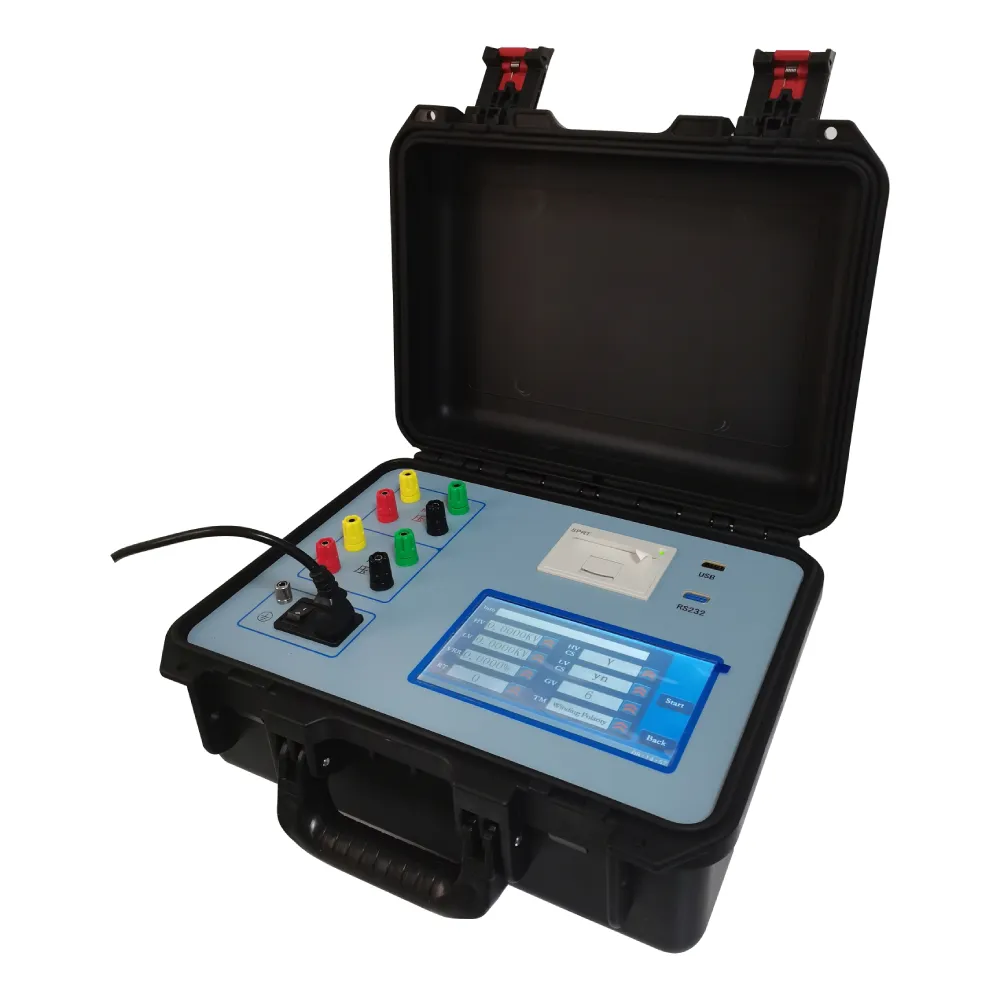 English
English


Equipment for measuring flash points of substances in a fast and accurate manner.
Flash point measurement equipment is an essential tool in the field of chemical engineering and safety. Also known as flash point testers, these devices are used to determine the lowest temperature at which a substance produces enough vapor to ignite when exposed to an open flame or spark. This information is critical for ensuring the safe handling, storage, and transportation of flammable liquids and gases.
There are several different types of flash point measurement equipment available, each designed for specific applications and requirements. The most common types include open cup testers, closed cup testers, and automated flash point testers. Open cup testers, such as the Pensky-Martens tester, are generally used for materials with higher flash points, while closed cup testers, like the Abel tester, are ideal for lower flash point substances. Automated flash point testers offer a more advanced and precise method of measurement, utilizing cutting-edge technology for accurate results.
The process of measuring flash point involves heating the sample at a controlled rate while periodically introducing an ignition source. The temperature at which the sample ignites is recorded as the flash point. This information is vital for determining the flammability and fire hazard of a substance, as well as for complying with regulatory standards and safety guidelines.
flash point measurement equipment

Flash point measurement equipment is commonly used in industries such as petrochemical, automotive, aerospace, and pharmaceuticals. It plays a crucial role in research and development, quality control, and risk assessment. By accurately determining the flash point of a substance, companies can make informed decisions regarding its handling, storage, and transportation, ultimately minimizing the risk of fires and explosions.
In addition to its importance in industry, flash point measurement equipment is also utilized by regulatory agencies and emergency responders. It provides vital information for first responders in the event of a chemical spill, fire, or other hazardous situation. By knowing the flash point of a substance, emergency personnel can take appropriate measures to control and mitigate the situation quickly and effectively.
Overall, flash point measurement equipment is a valuable tool for ensuring the safety of chemical processes and operations. By accurately measuring the flash point of substances, companies can minimize the risk of fires, explosions, and other accidents, ultimately protecting personnel, facilities, and the surrounding environment. As technology continues to advance, flash point testers will likely become even more sophisticated and precise, further enhancing safety and compliance standards in the industry.
-
Differences between open cup flash point tester and closed cup flash point testerNewsOct.31,2024
-
The Reliable Load Tap ChangerNewsOct.23,2024
-
The Essential Guide to Hipot TestersNewsOct.23,2024
-
The Digital Insulation TesterNewsOct.23,2024
-
The Best Earth Loop Impedance Tester for SaleNewsOct.23,2024
-
Tan Delta Tester--The Essential Tool for Electrical Insulation TestingNewsOct.23,2024





